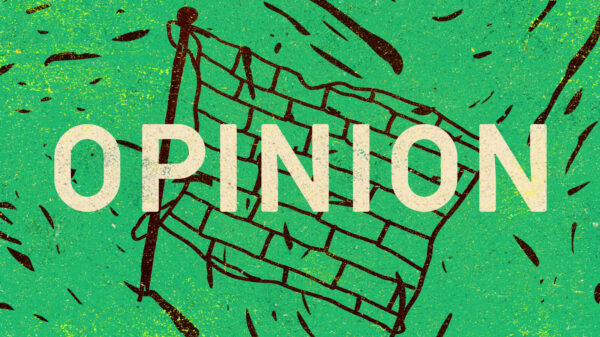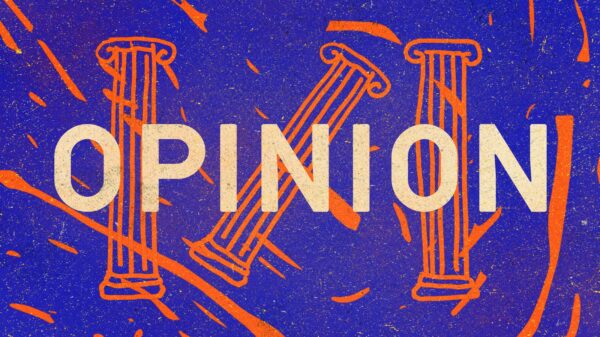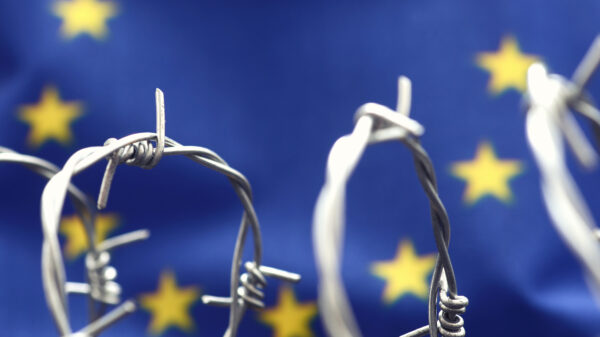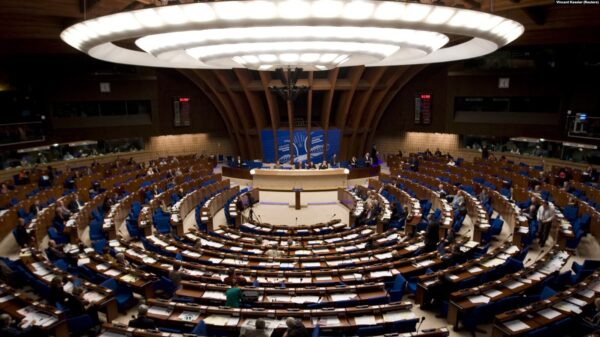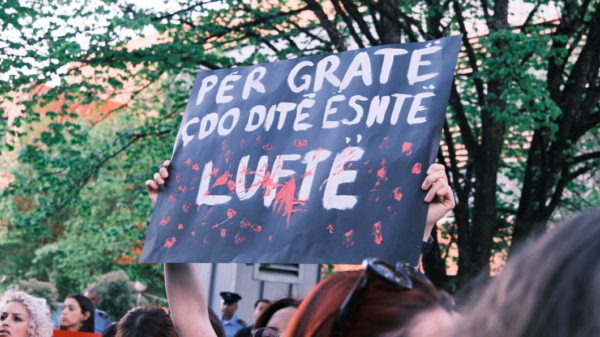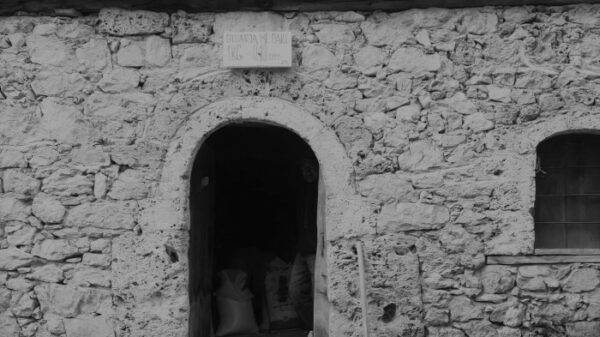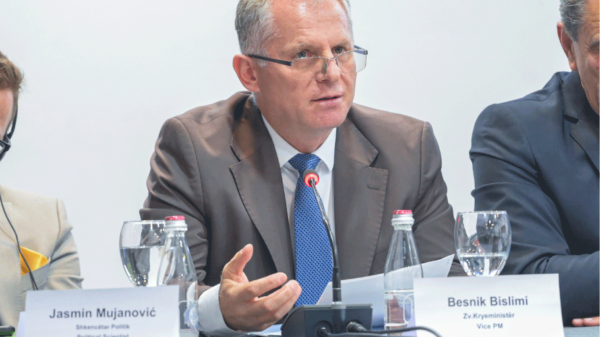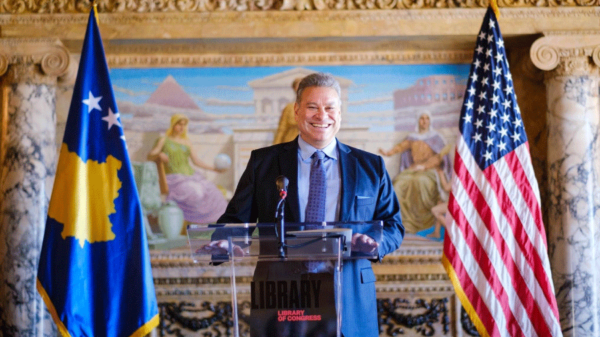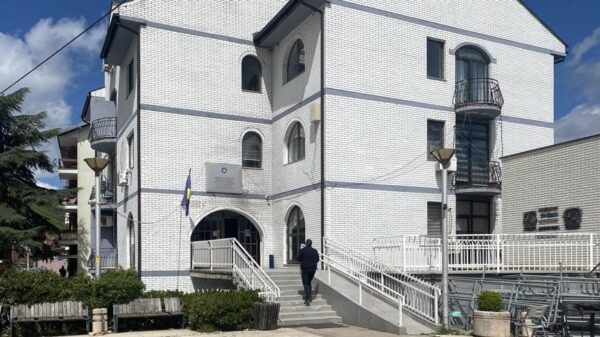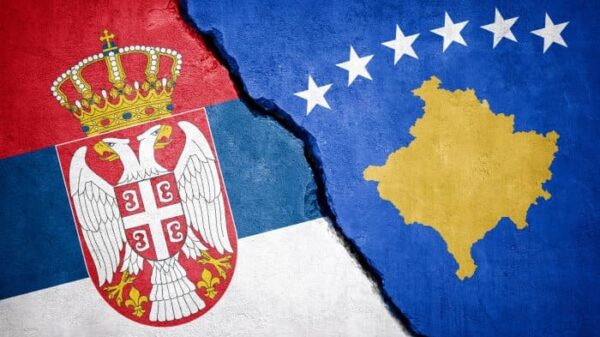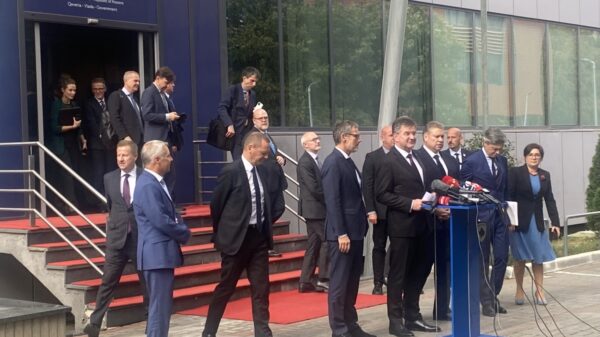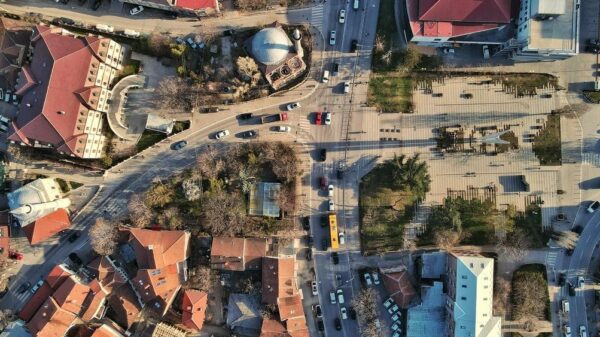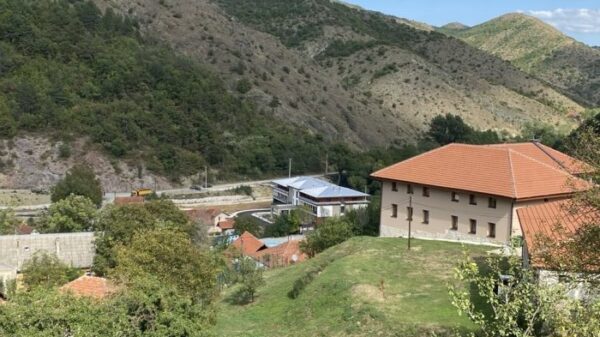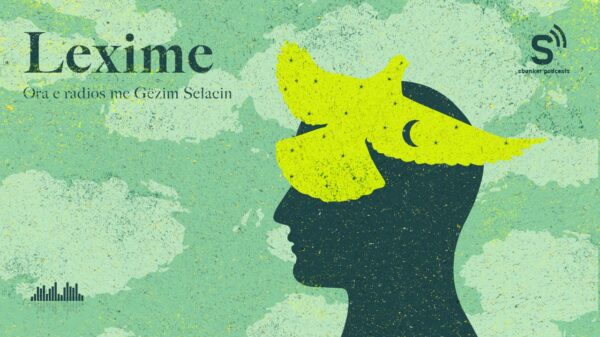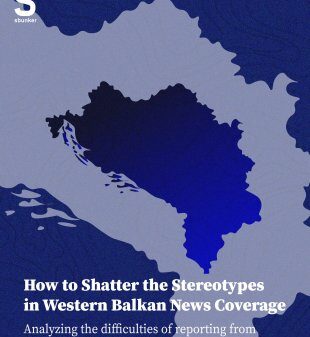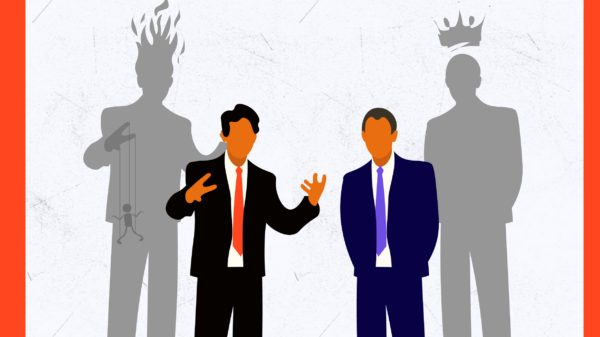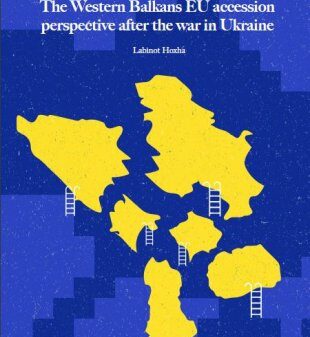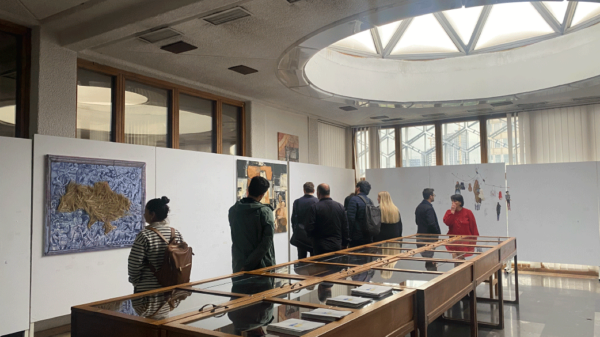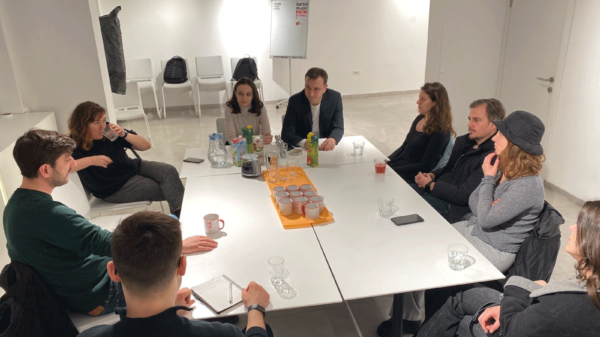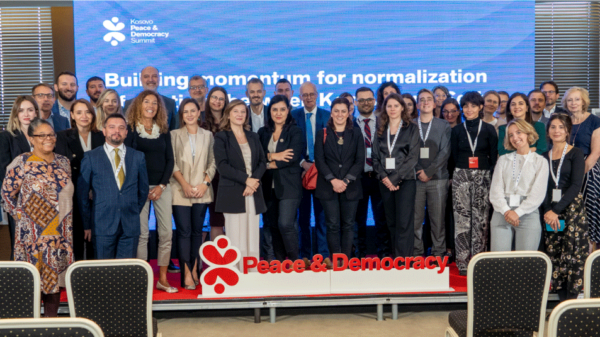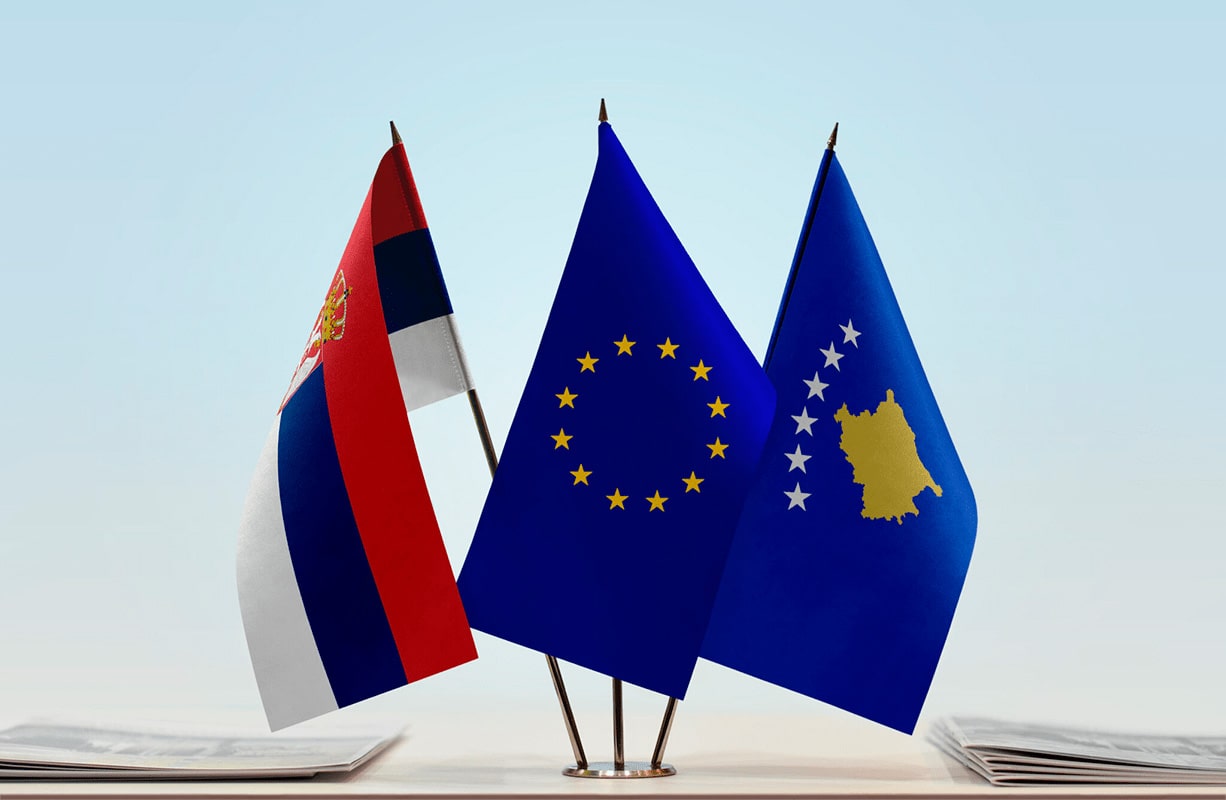In 2023, Kosovo and Serbia reached an important agreement to normalize relations, otherwise known as the Ohrid Agreement.This marked a long-awaited breakthrough agreement supported by the EU and the U.S. While one might expect 2024 to be a year of implementation, this prospect seems unlikely to happen for several reasons:
Miroslav Lajcak's mandate expiration
The mandate of the EU’s Special Representative for the Belgrade-Pristina dialogue, Miroslav Lajcak, expires in August 2024 and adds uncertainty to the situation. Lajcak, who was appointed to this post in 2020 and re-appointed in 2022, might face a different decision this time.
The European Council (EUCO) holds the authority to extend Lajcak’s mandate, requiring a unanimous decision by EU member states. However, the EUCO indicated at the beginning of February that this was not on the agenda and that the next meeting would be in June, Lajcak’s future in this role remains uncertain.
Furthermore, calls for his resignation further complicate the situation, potentially leaving his position vacant and stalling the dialogue.
Constituting the new government in Serbia
The December 2023 parliamentary elections in Serbia will have a direct impact on the dialogue. The constitution of the National Assembly and the creation of government will have an impact on the dialogue.
Despite the clear victory of the incumbent party, the creation of government and political appointments will take time. For instance, the main negotiator on the Serbian side is the director of the Office for Kosovo and Metohija and it is unclear who will assume the role. The acting government does not have the legitimacy to negotiate, let alone sign new agreements in the dialogue.
European Union elections
EU elections are scheduled to take place in June 2024 and it will have adverse effects on the normalization dialogue as well. After the European Parliament (EP) gets elected, what will ensue are months of political deliberation, coalition building, and nominations, marking a cumbersome process of elections for the Commission president, the College of Commissioners and portfolio allocation and political appointments in the EU. The process will probably last until the end of the year.
In the meantime, the EU will not have the time nor the capacity to deal with the dialogue. This lack of engagement will likely compel Kosovo and Serbia to prolong their commitments and sideline the dialogue.
Additionally, the Kosovo government completely distrusted the key EU figures, Borell and Lajcak, during the dialogue in the past years. One of the reasons for distrust is that both of them come from non-recognizing countries (Spain and Slovakia). Therefore, maybe Kosovo will wait and see whether this time the Special Representative is going to be someone from a country with a more favorable stance towards Kosovo.
U.S. presidential election
The U.S. presidential election will be an important determinant of the dialogue. Given the U.S.’s important role in the Kosovo-Serbia relations both Kosovo and Serbia will pay close attention to the U.S. electoral campaign and election.
It looks like Belgrade and Pristina are placing bets on different presidential candidates with a strategy to improve their respective positions post-election. Serbian president Vucic supports Donald Trump in upcoming elections, hoping that his win could be beneficial for Serbia.
On the other hand, Kosovo traditionally nurtures better relations with the president from the Democratic Party, and in this case, Joe Biden is the clear choice. This strategy might indicate that both parties may postpone the implementation of agreements and delay reaching new ones, hoping for better conditions after the U.S. election.
Kosovo will hold parliamentary elections
Kosovo will hold parliamentary elections in early 2025, which will dominate the political discourse. Kosovo political parties will be mostly campaigning. Therefore, any concession in the dialogue made by the ruling party will be deemed as a weakness and be used as an opportunity to attack.
Simultaneously, the government led by Albin Kurti will likely maintain its course of action by introducing new measures (e.g. abolition of the use of dinars) and looking tough on Serbia and Kosovo Serbs. This approach has garnered significant popularity for Kurti. In that regard, there will most certainly be no progress in taking the necessary steps to create the Association/Community of Serb-Majority Municipalities (ASM).
Finally, 2024 looks like a missed opportunity, and both sides will use every opportunity to strengthen their own positions by acting unilaterally and testing each other’s limits, as well as not engaging in the dialogue to wait for new political leaders to come on board to establish new relationships with them.





